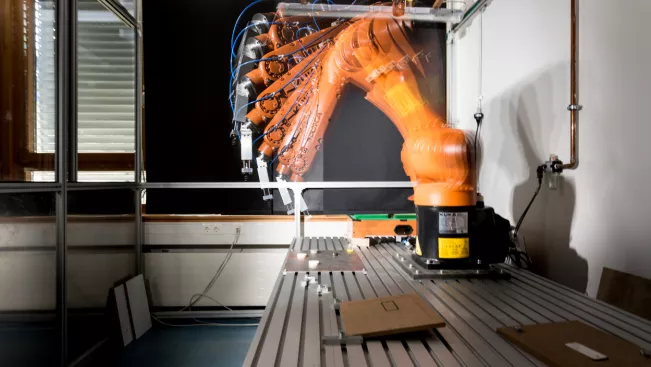Centre of Applied Research (ZAF)
Centre of Applied Research (ZAF)
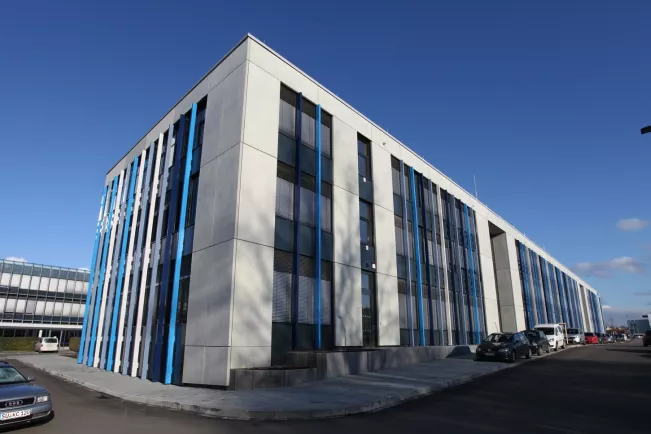
In the research facilities of ZAF collaborative working groups of internal and external scientists from economy, society and non-university insititutions are working on new innovationswith a broad focus on transfer.
Research groups of longterm or short term partner and their partners in the university will be able to work together in new research facilities. Exchange will be possible not even between the research groups but also within the universities research fields itself.
ZAF is an additional component of our vision for a sience campus.
Applied research strengthens innovation, visibility of the the university and gives new impetus to the region.
Current projects at ZAF
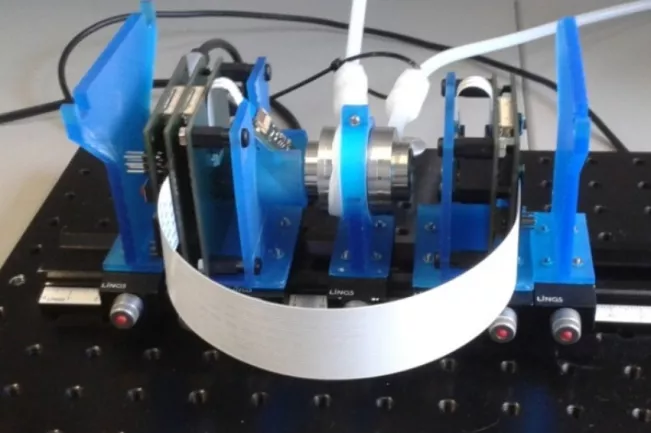
LED-Ozon-Sensor
Collaborating with Innovatec in Rheinbach, Prof. Kauls research group is working on new aspects of ozonization of air and water for different applications. Industry-orientated research activities aim to provide new detection technologies, new materials and innovative water treatment methods.
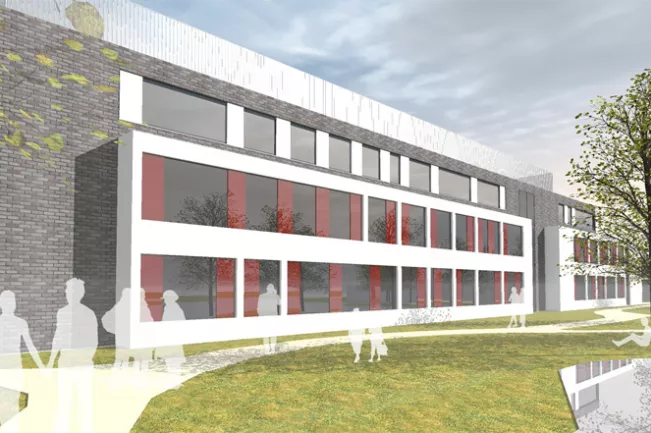
Biometrics Evaluationscentre (BEZ)
In a collaborative environment, the so called biomentics evaluatuation centre, the university together with the BSI (German Federal Office for Information Security), tests and evaluates different research topics on the latest issues concerning biometrics and incresingly cyber security.
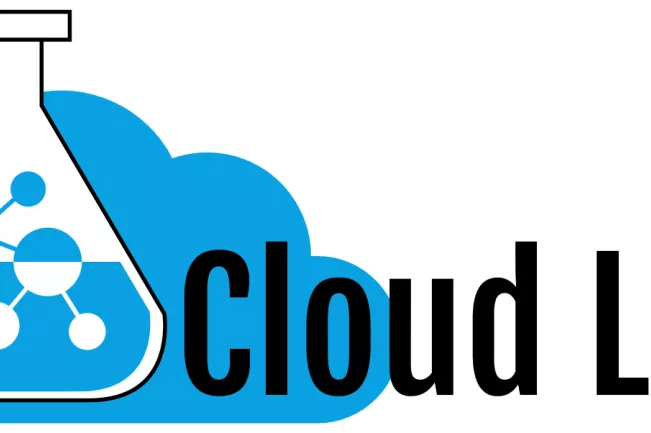
Cloud-Lab
In several research facilites the Data Innovation Lab of the department of managament sciences collaborates with different entitities of Bechtle GmbH & Co. KG. IT-related students are working on relevant practival applications by using the newest hard- and software. Digitalization changes society. New disruptive business models replace traditional sectors. Cloud-Computing, meaning using external it- ressources for digital processes is a powerful tool in this field. Cloud-services is used by various companies and organizations which operated own data-centers previously. This resulted in a high demand of experienced employees with specialized knowledge in strategy, process and technology.
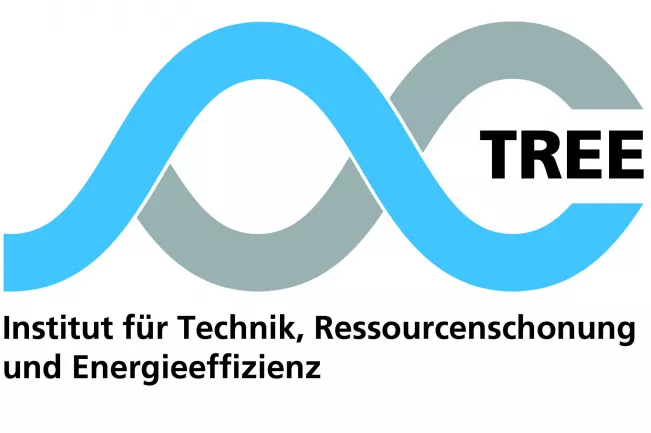
TREE-Energy Lab (TRE3L)
In modern laboratories (simulation-, powder fabrication-, mobility- and hydrogen-lab) research groups are working on different topics in the field of energy efficiency, ressource conservation and model building) togehter with GKN Sinter Metals and GKN Driveline. Modern equipment in combination with 3D-Printing will allow to build and prove components.
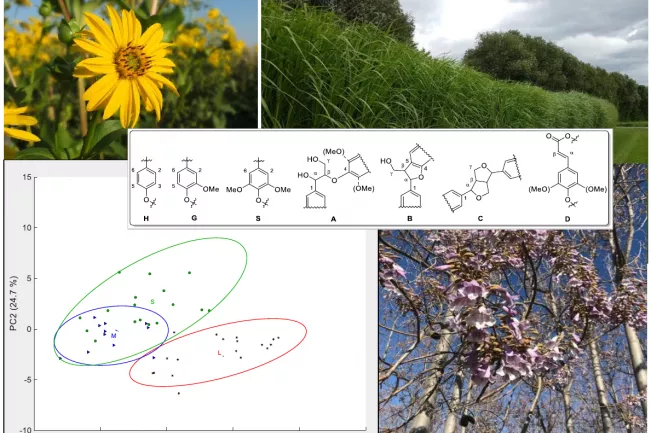
TREE Sustainable Materials Lab Rheinbach (TREE-SMLR)
In the lab facilities in Rheinbach, the Cologne-based Spectral Service AG headed by Prof. Dr. Bernd Diehl is working as a strategic partner of the TREE Sustainable Materials Lab Rheinbach with the scientists of the AG headed by Prof. Margit Schulze. The focus of the collaboration is the development and verification of a new analytical method for the rapid and reliable determination of molecular weights and corresponding distributions of naturally occurring polymers (biopolymers) using modern analytical methods (including nuclear magnetic resonance spectroscopy, gel permeation chromatography) and chemometric modelling of the experimental data. Commercial natural products and active ingredients as well as components of renewable raw materials (polysaccharides, proteins, lipids, lignin) are investigated to establish a platform for holistic-based detection of polymer structure.
Associated projects in the ZAF
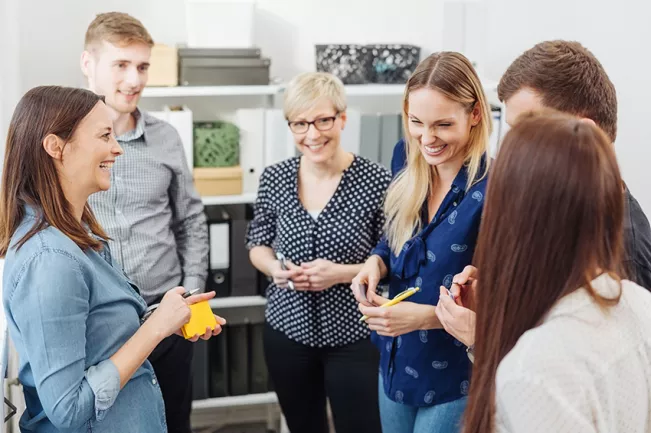
Citizen Science
Citizen Science at the H-BRS: Together with scientists and students at the H-BRS, citizens can help shape sustainable development in various CitizenLabs.
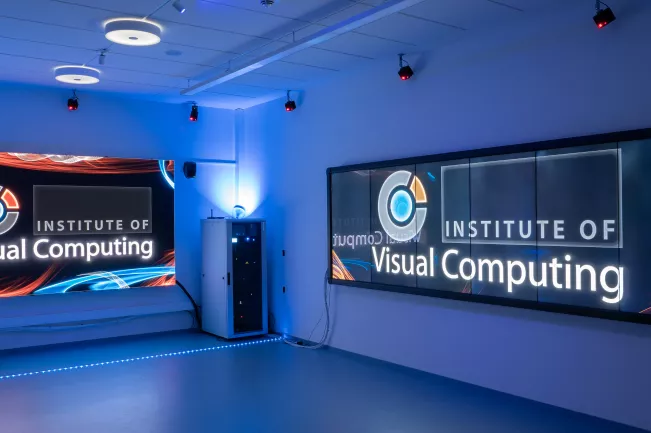
Showroom Visualisierung
In the showroom, companies will be informed in workshops and other interaction formats about the latest systems as well as research and development trends in the field of visual computing and advised about opportunities for funding innovative projects. In addition, the showroom will serve as a forum for exchange between companies.
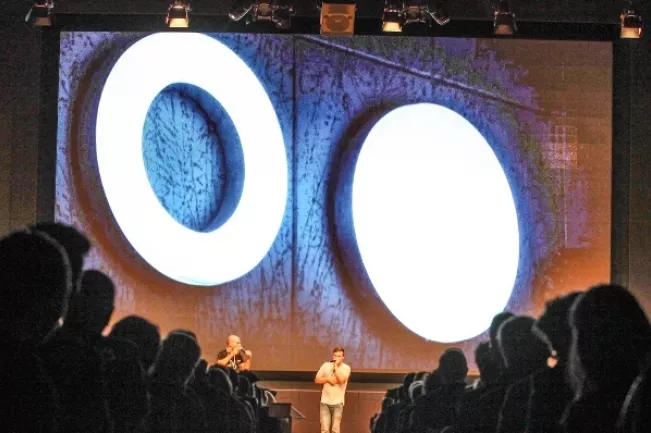
Centre for Ethics and Responsibility
Through the Study Responsibility and the Forum Responsibility, ZEV creates new opportunities in studies and the public in two ways to engage with contemporary and future issues in order to stimulate a lively dialogue between academic disciplines, social actors and the university.
Infrastructure & specifications in the ZAF (excerpt):
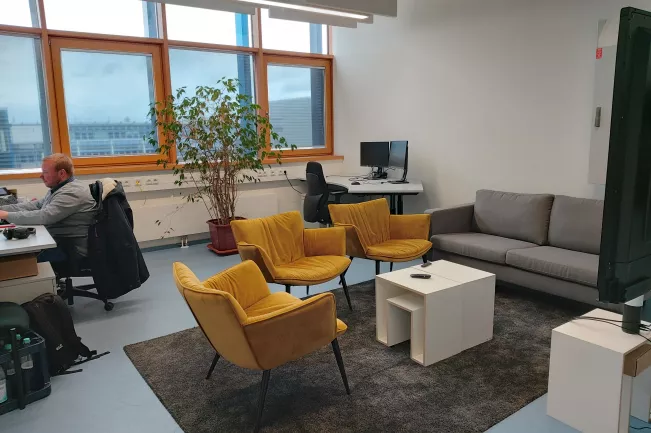
PhD Creative Room
A room is currently being set up in Sankt Augustin for networking and exchange among the doctoral students of the GI at the H-BRS. The focus here is on recognising potentials and benefits.
Seminar room at ZAF Sankt Augustin and Rheinbach
A seminar room with seating for up to 20 people and the appropriate technology is available at both locations. A multi-touch board/interactive whiteboard with internet access and conference camera is available at both locations.
Other devices:
In addition to basic equipment for the offices and laboratories in the ZAF, the following equipment is available:
- High-resolution, portable 3D microscope (rotating head, motorised for 360° helicopter viewing of objects without contact, magnification up to 10,000x, zoom from 6x to 320x),
- 3D printer (double extruder and integrated camera)
- various standard microscopes, if necessary with video camera
- Workbench
- 64 voting systems are available for spontaneous queries at events in the ZAF.
Kontakt

Johannes Steinhaus
Vice-President Research and Transfer, Professor of Materials Science
Location
Sankt Augustin
Room
E 234
Address
Granthamallee 20
53757 Sankt Augustin
Telephone
+49 2241 865 602Location
Rheinbach
Room
I 207
Address
von-Liebig-Str. 20
53359, Rheinbach
Telephone
+49 2241 865 458